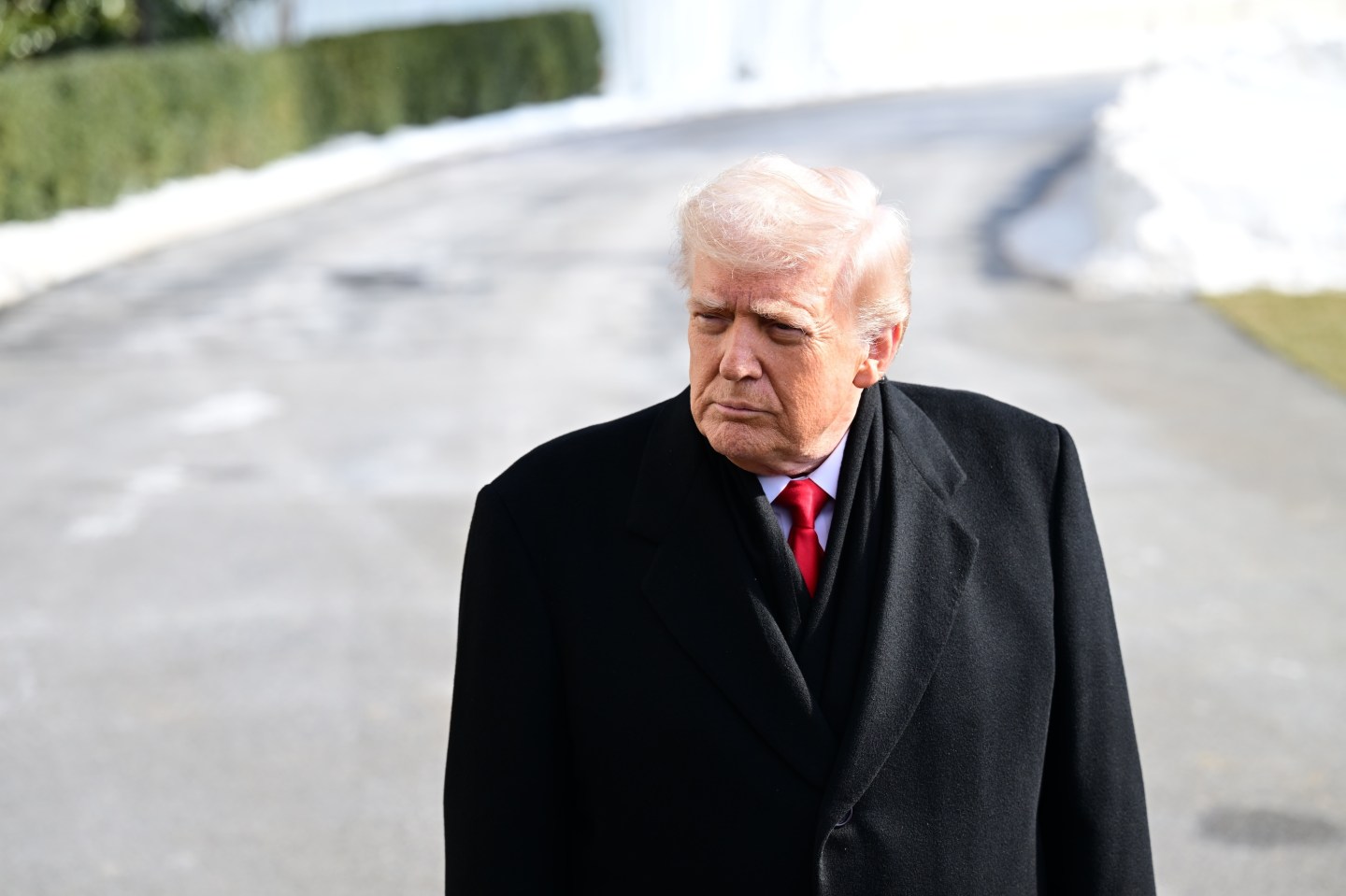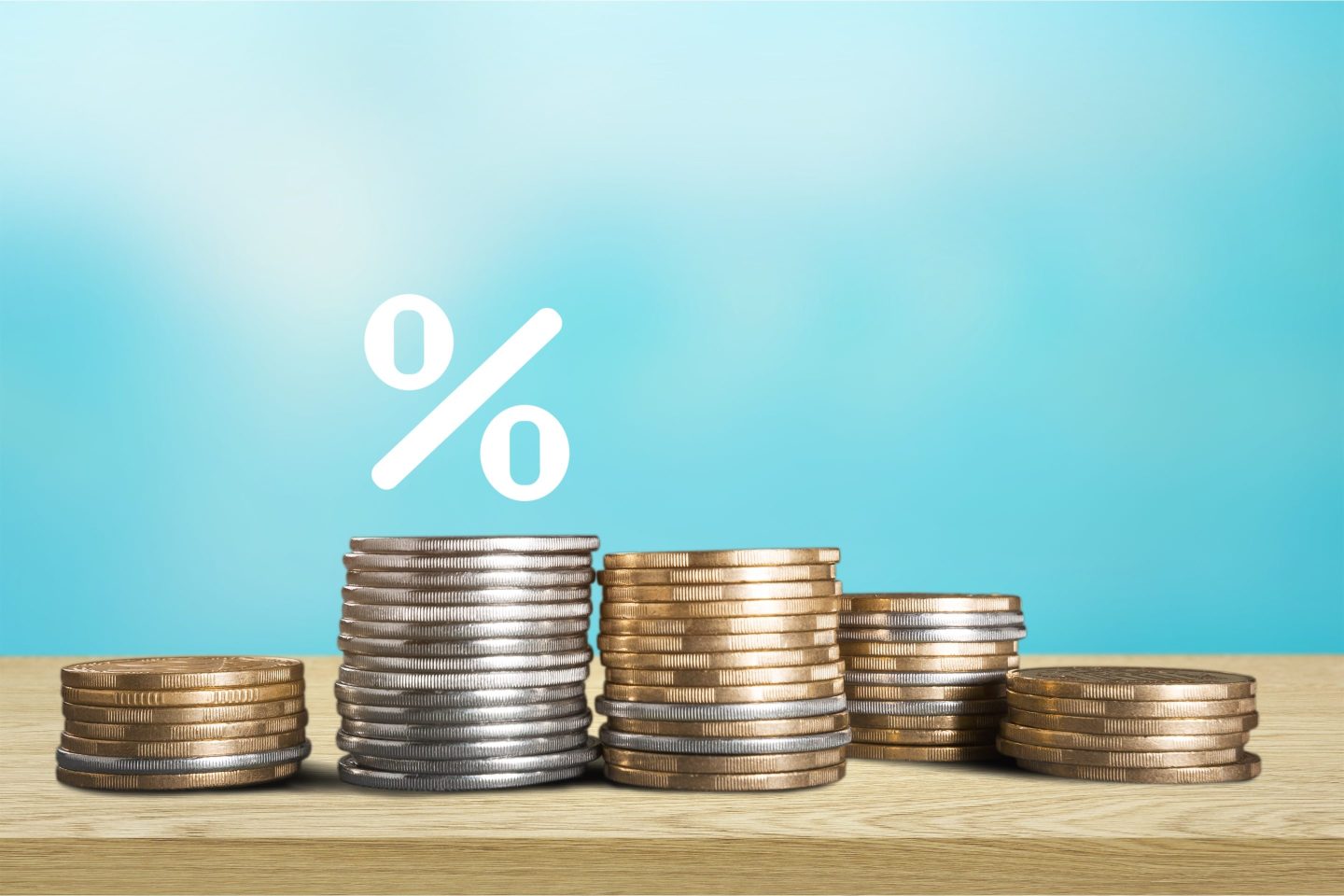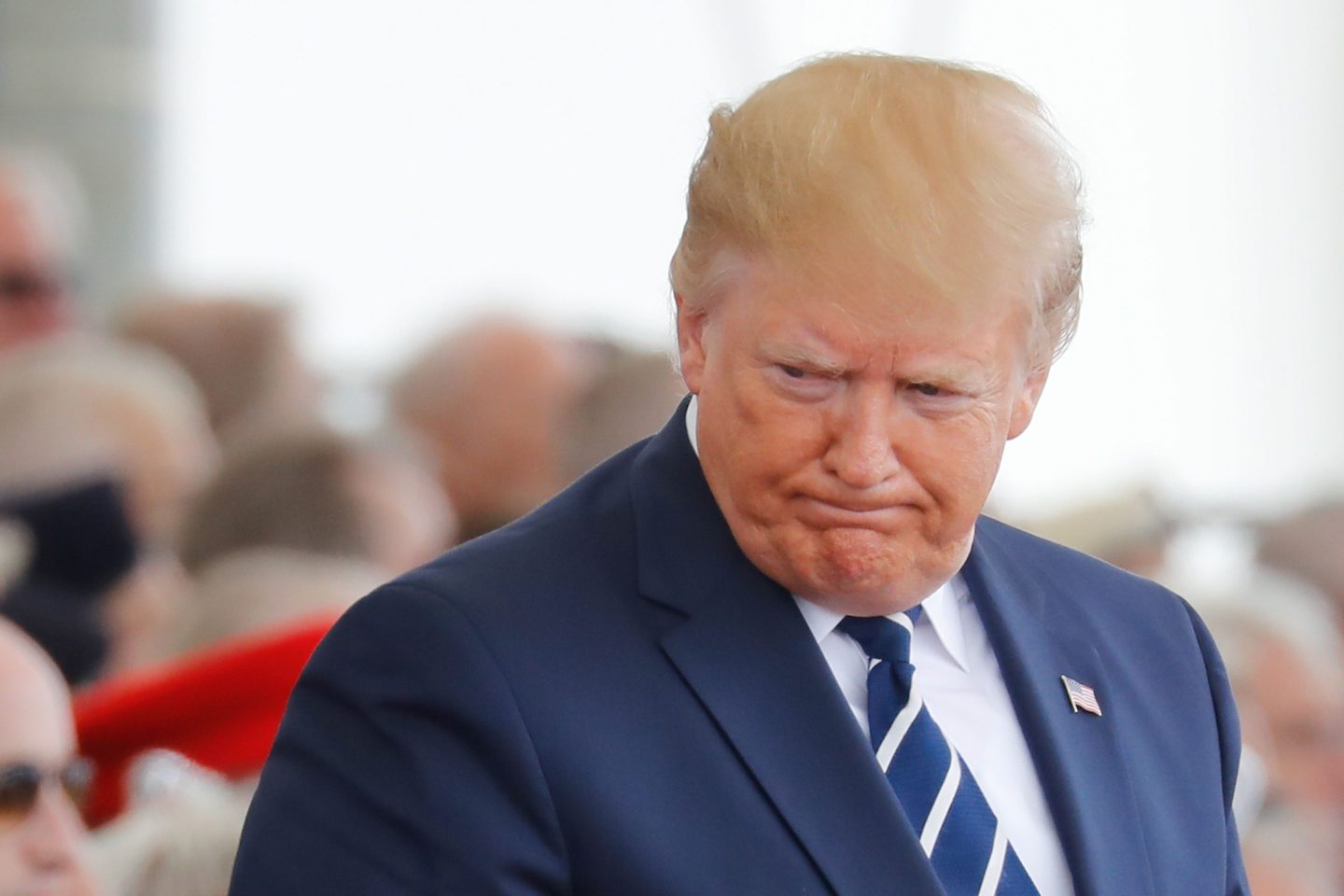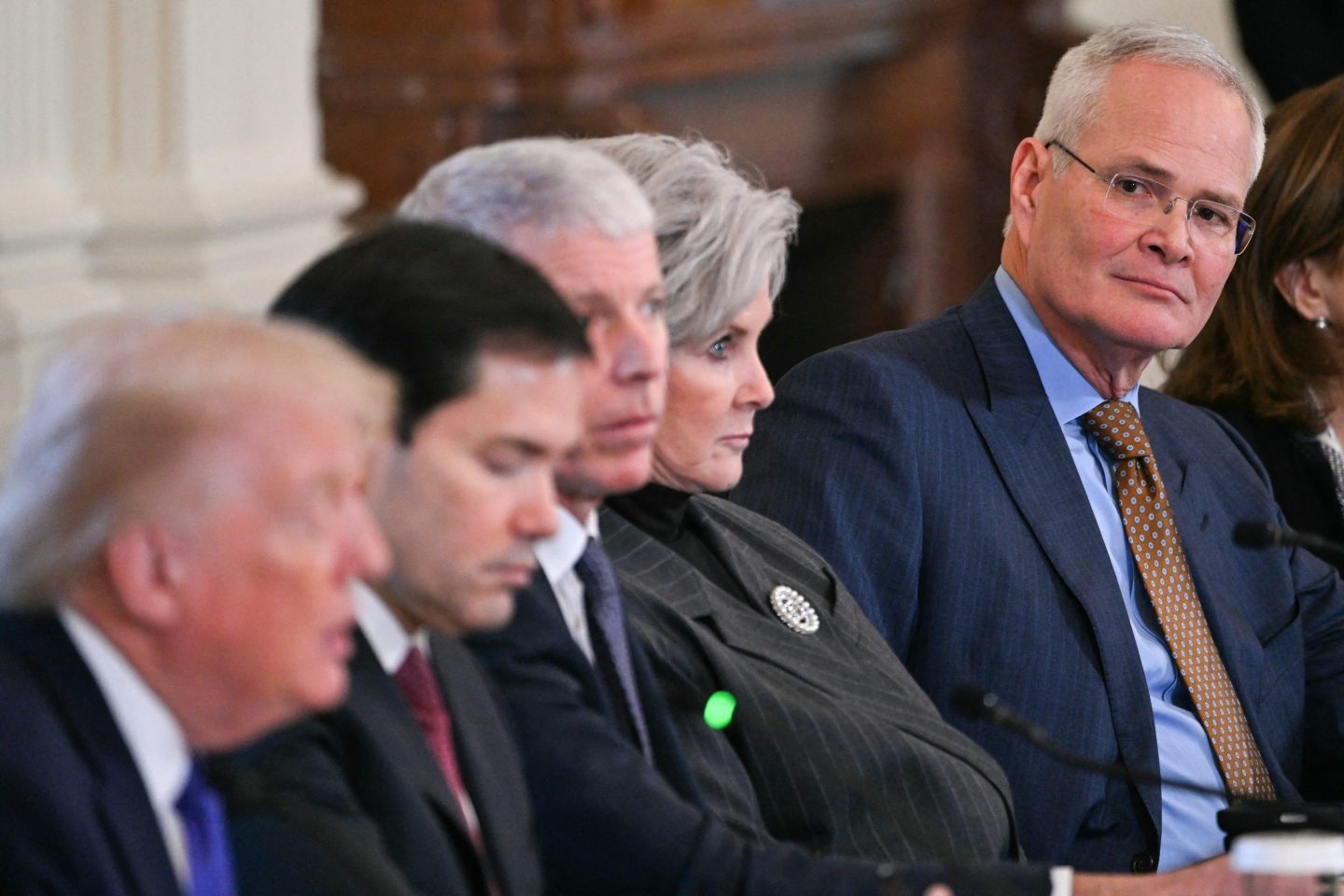President Donald Trump is once again lashing out at three of his biggest irritants: foreign steel, foreign aluminum and Canada.
Trump on Wednesday will effectively plaster 25% taxes – tariffs – on all steel and aluminum imports. And on Tuesday the president said the U.S. Would double the forthcoming levy on the two metals to 50% if they come from Canada — only for the White House to pull back its threat by the afternoon after the province of Ontario suspended its own retaliatory plans.
The pain won’t just be felt by foreign steel and aluminum plants. The tariffs will likely drive up costs for American companies that use the metals, such as automakers, construction firms and beverage makers that use cans. The threats to the economy have rattled stock markets.
“Unilateral tariffs will raise prices, cost American jobs, and strain alliances,” Philip Luck and Evan Brown of the Center for Strategic and International Studies wrote in a report last month.
Trump is pressing tariffs from his first term
The latest tariffs are an amped-up replay from Trump’s first term.
In 2018, in an effort to protect American steelmakers from foreign competition, he imposed tariffs of 25% on foreign steel and 10% on aluminum, using a 1962 trade law to declare them a threat to U.S. National security.
The tariffs landed most heavily on American allies: Canada is the No. 1 supplier of foreign steel and accounts for more than half of aluminum exports to the United States. Mexico, Japan and South Korea are also major steel exporters to the U.S.
The president insists that steel imports are a threat to the very existence of the United States. “If we don’t have, as an example, steel, and lots of other things, we don’t have a military and frankly we won’t have — we just won’t have a country very long,” Trump said last week in his joint address to Congress.
His 2018 sanctions were gradually watered down.
Trump spared Canada and Mexico after they agreed to his demand for a revamped North American trade deal in 2020. For some U.S. Trading partners, the tariffs were supplanted by import quotas. And the first Trump administration also allowed American companies to request exemptions from the tariffs if, for instance, they couldn’t find the steel they needed from domestic U.S. Producers.
This time, Trump is closing those loopholes and raising the levy on aluminum to 25%.
He’s shown a willingness to go higher — as the apparently short-lived 50% tariffs on Canadian steel and aluminum suggest.
Trump was originally punching back at the government of Ontario for imposing a 25% surcharge on electricity sold to the United States, a move that was itself a response to Trump’s tariff threats. After Trump said he’d hit the Canadians with a 50% metals tax, Ontario suspended its planned electricity surcharge. In response, White House trade adviser Peter Navarro said the U.S. Would pull back on doubling the tariffs on Canadian steel and aluminum.
Expecting more of the same
Trump’s first-term steel and aluminum tariffs benefited American producers of the two metals, encouraging them to increase production. But the beneficiaries were relatively few: The U.S. Steel industry, for instance, employs fewer than 150,000 people. Walmart alone has 1.6 million employees in the United States.
Moreover, economists have found, the gains to the steel and aluminum industries were more than offset by the cost they imposed on “downstream’’ manufacturers that use steel and aluminum. In 2021, production at such companies dropped by nearly $3.5 billion because of the tariffs, canceling out the $2.3 billion uptick in production that year by aluminum producers and steelmakers, the U.S. International Trade Commission found in 2023.
This time, “there is no particular reason to think that the economics won’t be more of the same: small gains for the U.S. Steel and aluminum producers and employees, but larger overall losses for the rest of U..S manufacturing,’’ said Christine McDaniel, research fellow at George Mason University’s Mercatus Center.
Taken by themselves, the metals tariffs are unlikely to do much damage to the nearly $30 trillion U.S. Economy. “Steel and aluminum – they’re just a drop in the ocean,’’ said Satyam Panday, chief U.S. And Canada economist at S&P Global Ratings.
But Trump isn’t just hitting steel and aluminum. He’s slapped 20% tariffs on all Chinese imports. He’s set to hammer all Canadian and Mexican products with 25% taxes next month, while limiting the tariff on Canadian energy to 10% – moves he has twice postponed with 30-day reprieves. And he has an ambitious and complicated plan to impose “reciprocal tariffs,’’ raising U.S. Import taxes to match those of countries that impose higher levies on American products.
The scope and unpredictability of Trump’s tariff agenda threatens to rekindle inflation and to slow growth by discouraging companies from making investments until the trade tensions have eased. “If you’re an executive in the board room, are you really going to tell your board it’s the time to expand that assembly line?” Said John Murphy, senior vice president at the U.S. Chamber of Commerce.
US steelmakers raise prices
U.S. Steelmakers can step up production to offset lost imports. They can also raise prices – and have already started, putting U.S. Companies that use American steel at a disadvantage to competitors who get theirs elsewhere.
U.S. Steel was priced at $854 per metric ton as of Feb. 24, considerably higher than the average world export price of $488, according to Steel Benchmarker.
Aluminum is a different story. The United States has just four aluminum smelters and only two of them were fully operating last year. Increasing U.S. Smelter production would require “enough power for a small city,” S&P Global said in a report last week.
Trump’s steel and aluminum tariffs are also certain to draw retaliatory taxes. Canada’s are expected to be announced Wednesday.
Contending with angry Canadians
Critics say Trump’s metals tariffs are hitting the wrong target.
China is widely seen as a source of the world steel industry’s problems. Chinese overproduction, heavily subsidized by Beijing, has flooded the world with steel and kept prices low, hurting steelmakers in the United States and elsewhere.
But the U.S. Already uses trade barriers to keep out most Chinese steel. China accounted for less than 2% of U.S. Steel imports last year, according to the American Iron and Steel Institute. “Instead of focusing on the real issue — China’s market-distorting policies — the United States risks entangling itself in tariff disputes with its closest allies,’’ wrote Luck and Brown at the Center for Strategic and International Studies.
Meanwhile, companies that use steel are already feeling the pain.
Steelport Knife Co. In Portland, Oregon, uses U.S. Steel in its knives for home cooks and professional chefs. Last month, its American steel supplier, anticipating Trump’s tariffs, raised its price by 10%.
CEO Ron Khormaei says Steelport’s Japanese and German competitors are benefiting. “It’s cheaper for them,’’ he said. Khormaei says his small company — it has 12 employees — will lose business if it raises prices. So he’s doing everything he can to cut costs — keeping inventories tight, for example, and limiting travel to trade shows.
And he’s facing another problem. “Canadians are mad at us,’’ he said.
Khormaei said that one of his Canadian customers just cancelled an order by email: “Thank you. We love your product. We are not buying.’’












